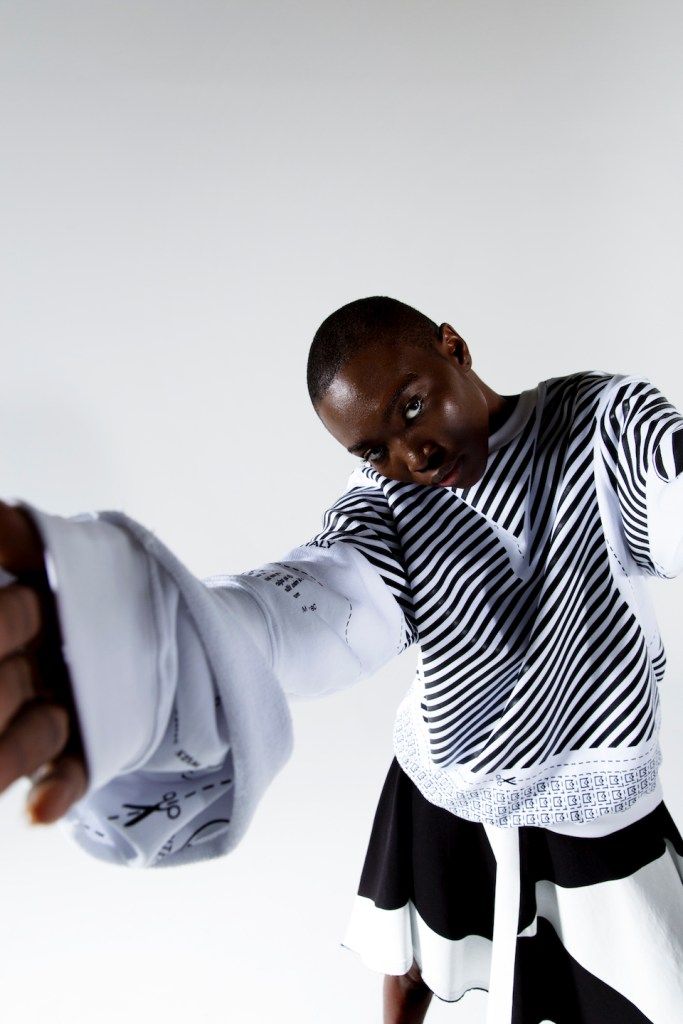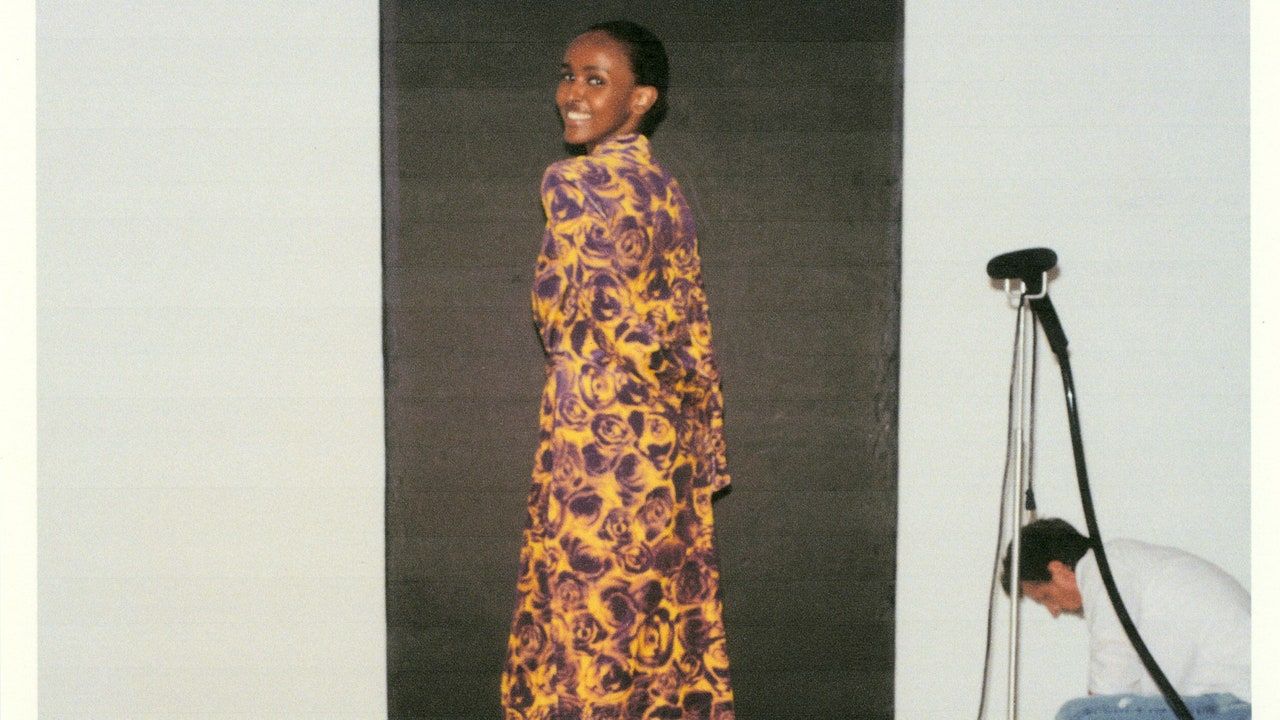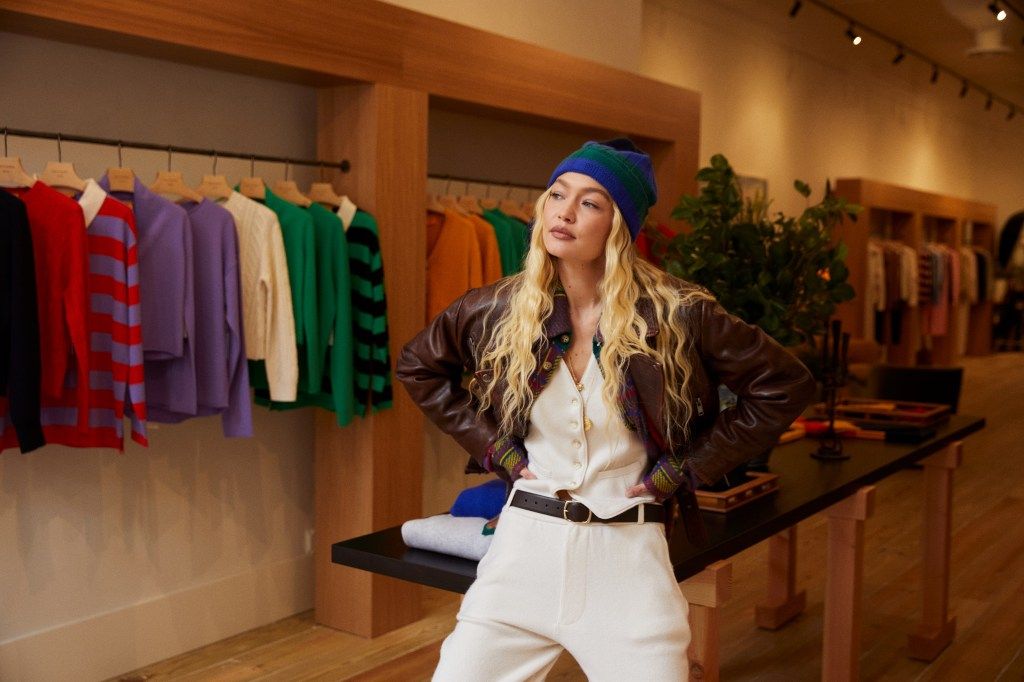Despite a return to the office, suits, ties and high heels have been retired — boomers be damned.
Wall Street has taken a cue from the tech bros of Silicon Valley, waltzing into board rooms in casual attire, heels swapped for sneakers and blazers exchanged for fleece.
It is perhaps, in part, driven by Gen Z employees who see the unpretentious attire as an office perk.
“In order to attract younger workers into the workforce, companies compete by offering certain perks like being able to dress in a more relaxed way,” New York City image consultant Joseph Rosenfeld told The Post.
The progressive dress code is a stark contrast from buttoned-up corporate couture even six years ago, Luis Arteaga, a vice president at Barclays who was an intern for the company in 2017, told Insider.
At the time, he was expected to don a full suit and tie — for client meetings, a black suit was the norm — but now, he rocks a pair of khakis and a button-down because it’s “a bit trendier and less bland.”
“Heels are dead. Ties are dead. I’m with it,” said Jefferies managing director Kayua Brozyna.
A staggering 3% of workers still sport business attire at work, according to an August survey conducted by Gallup. Meanwhile, 41% reported wearing business casual outfits to work and 31% work “casual street clothes.”
The transition from stilettos to sneakers is a welcome outcome of the COVID-19 pandemic, which saw an overhaul of the traditional workplace — even down to the footwear.
“Many people spent two years in sweatpants and are not keen to begin wearing suits daily again,” Jessica Cadmus, a wardrobe stylist at Wardrobe Whisperer and the founder of Rogue Paq Accessories, told The Post.
But the change has fostered more work for Cadmus, who sees clients struggle to choose daily outfits for the office.
“I think that it’s created a more alluring workplace for some but, for others, it’s created stress around how to get dressed,” she said.
“Wearing a suit is a uniform of sorts and without that uniform, there is a lot of confusion on what to wear.”
Not to mention, ditching the lavish suits and costly high heels allows the workplace to be level — after all, “not everyone on Wall Street comes from money,” said Rosenfeld.
The one caveat, said stylist Jacci Jaye of Wall Street Stylist, is the issue of “respect and hierarchy,” especially in large firms where some workers are client-facing, while others are not.
“Companies are struggling a bit to keep up with the changing times, but also bring about a cohesive brand identity and dress code to the workplace that works in these new times,” Jaye told The Post in an email.
But it isn’t just Wall Street that is ditching the corporate formalities — across the board, the use of expletives, bringing pets to work and flaunting ink and piercings is becoming more acceptable, according to a 2020 survey.
It appears the vast majority of companies are playing catch-up with Facebook CEO Mark Zuckerberg, who was a casual workwear proponent long before it was cool.
The tech mogul hasn’t even been bothered to dress in a polo — his staple uniform has routinely been dark wash jeans and a gray tee paired with clunky running shoes.
Where clothes act as a public display of persona, dressing up while others are dressed down could create tension or self-consciousness on the part of the, for example, Wall Street finance professional who is meeting with denim-touting tech moguls.
“It can make the finance representative or executive seem like they’re interloping in a tech world, and nobody wants to feel like they’re interloping,” said Rosenfeld, who has experience working with tech experts in Silicon Valley.
“People want to do business with people who they know like and trust.”
But recently, Gen Z has been slammed by older generations for dressing too casually, touting clothes fit for the club, not the cubicle.
“I think they might actually feel like they are dressing up because that was what they wear when they go out,” Cindy O’Peka, of California-based O’Peka Human Resources and Consulting, previously told The Post.
While the youngsters insist their fashion is an expression of personal flare — decrying the dress codes that limit their closet creativity and calling them “outdated” — Rosenfeld insists there’s “still a need” for dressing with authority.
“It’s just that how the authority is being presented is different,” he said.




